Feminist Agroecology in the Spotlight: The ARTS Project at the Dak’Art Biennale 2024
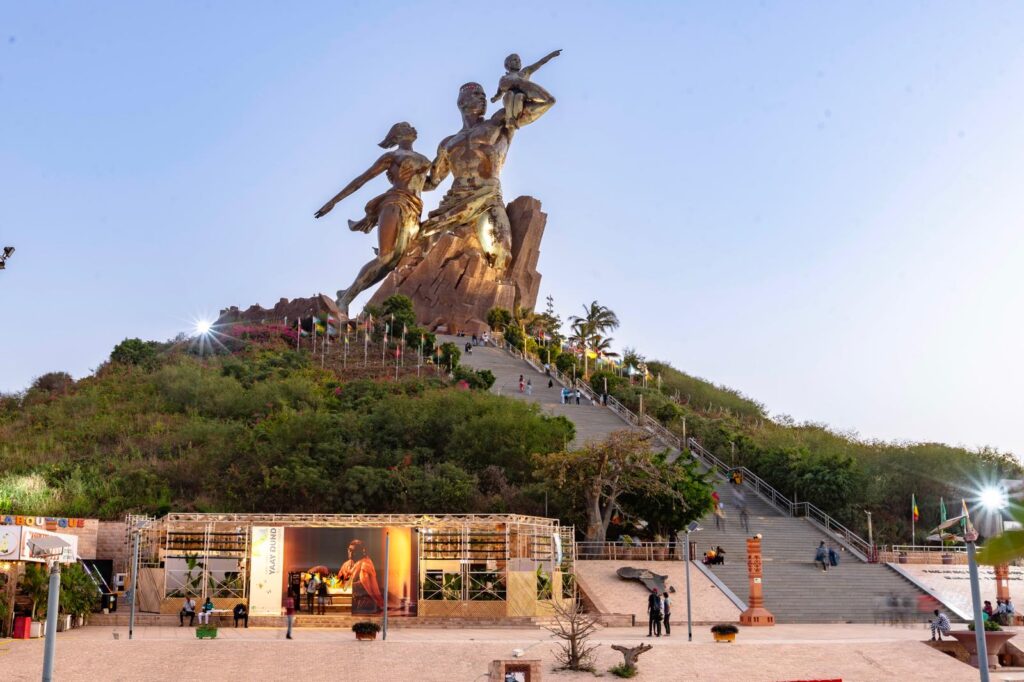
During the Dak’Art Contemporary Art Biennale, a major artistic event in West Africa, the ARTS project made a bold impression with Yaay Dund, Regenerating Life, an immersive exhibition exploring the intersections of art, science, and social justice. Over three days, the Agora Pavilion, located at the base of the African Renaissance Monument, became a vibrant space for exchanging ideas on gender justice and agroecological transition.
When Theater Sparks Reflection
On November 25, aligning with the International Day for the Elimination of Violence Against Women, the Melokaan theater company performed Inna, a forum-theater piece shedding light on gender-based injustices, particularly in rural settings. Presented by a dedicated troupe whose raw and direct dialogues sometimes evoke strong reactions in conservative regions, the performance examined structural barriers hindering women’s self-determination, which, in turn, impede equitable ecological transitions.
Following the performance, a spirited debate was led by the troupe and feminist geographer Lise Landrin. This discussion created a reflective space on the collective responsibility to tackle these issues and emphasized that gender justice is an indispensable foundation for sustainable change.
Forum theater stands as one of the ARTS project’s central artistic tools, serving as a powerful medium to drive change and act as a catalyst for social transformation.
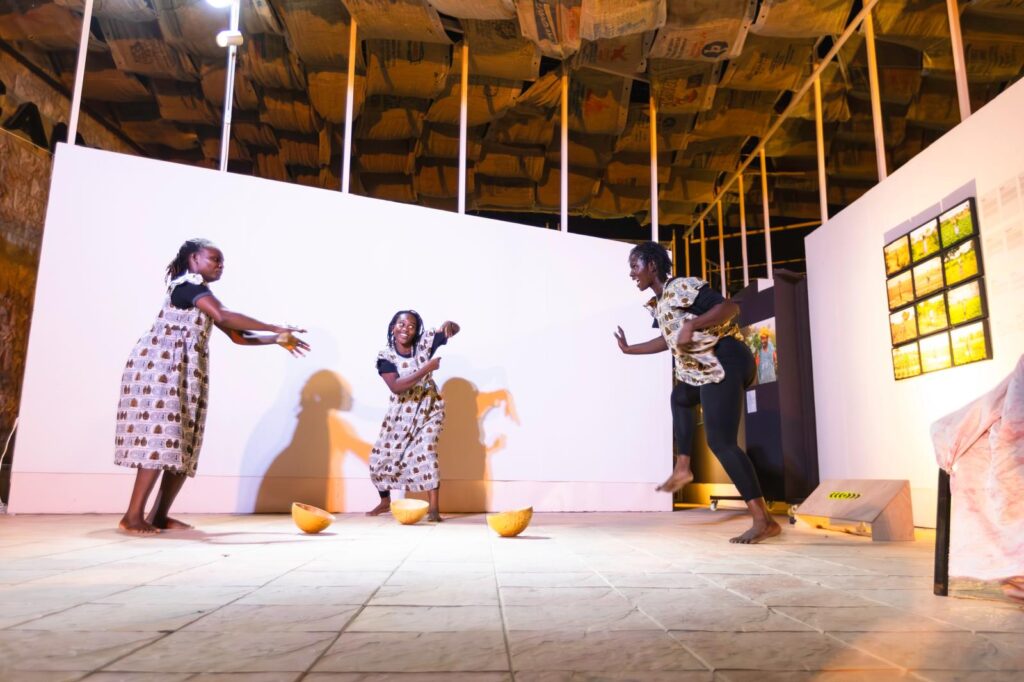
Roundtable on Feminist Agroecology
On November 26, the roundtable A Feminist Agroecology? brought together a diverse panel of speakers from academia and civil society, including Marie Thérèse Daba Sène, Laiti Ndiaye, Patrick Bottazzi, and Lise Landrin, under the insightful moderation of journalist Yunuça Gueye.
This discussion explored the pivotal role of women in ecosystem regeneration while addressing how men can contribute to fostering positive and supportive masculinities. The exchanges highlighted the socio-economic and cultural barriers women face, offering concrete pathways to dismantle structural inequalities that hinder their empowerment.

Debates, Creations, and Participation: Knowledge in Dialogue
On November 27, ARTS organized innovative participatory activities, including public speech performances, a film debate, and a performative counter-guided tour. These formats enriched the discussion by blending scientific, artistic, and local knowledge, showcasing how agroecology can serve as a tool for resisting systemic inequalities.
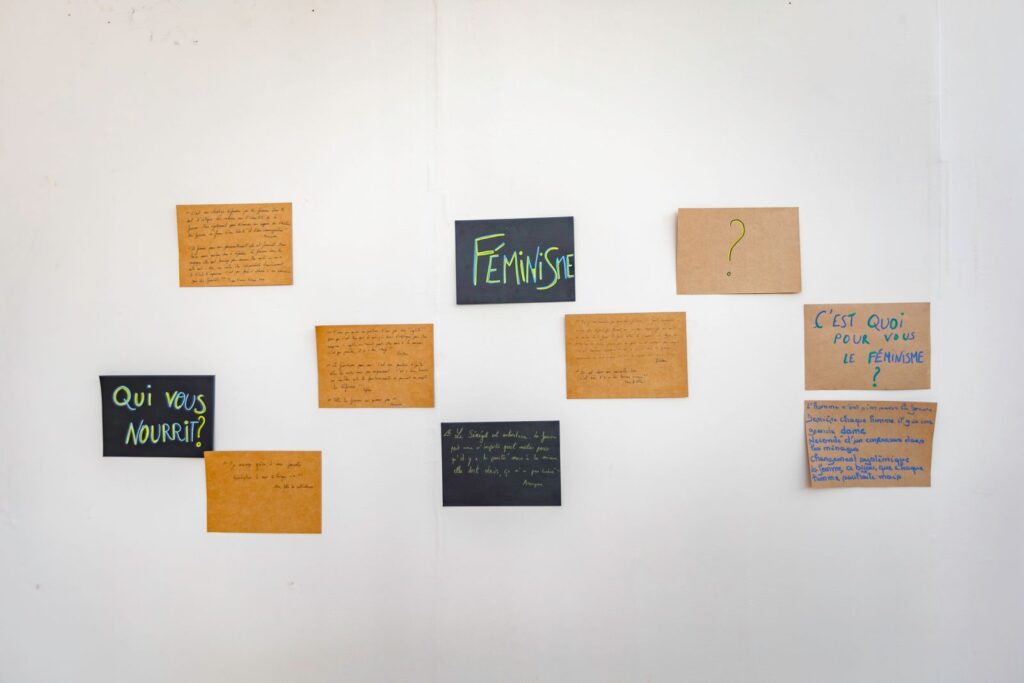
The Jambaars of Agroecology: Unveiling Invisible Struggles
During the film debate, ARTS premiered several videos produced as part of the project, including The Jambaars of Agroecology. This series of portraits highlights the individuals who face the daily challenges of the agroecological transition. These stories embody an agroecology rooted in struggle, far removed from idealized and consensual narratives.
Guardians of Life: Showcasing Women’s Struggles in Agroecology
In parallel, ARTS and the Dynamique pour la Transition Agroécologique au Sénégal (DyTAES) launched the photo competition Guardians of Life. This initiative seeks to recognize women’s often-invisible struggles and practices. Through compelling images, the competition invites a critical lens on power dynamics within agri-food systems and illustrates how women, on the frontlines, resist and innovate amid systemic crises.
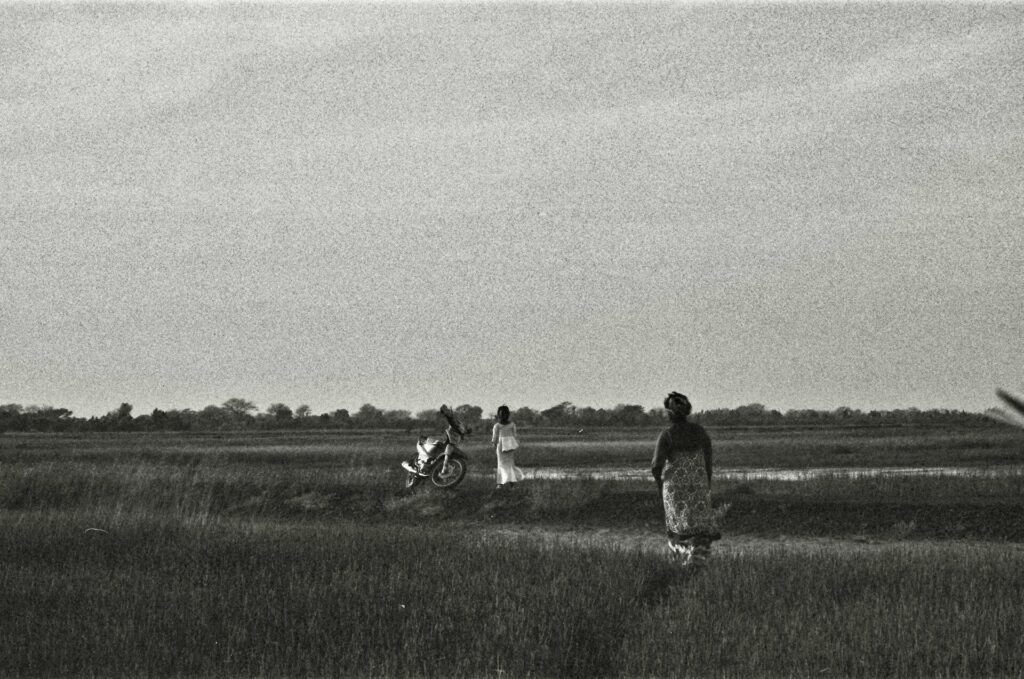
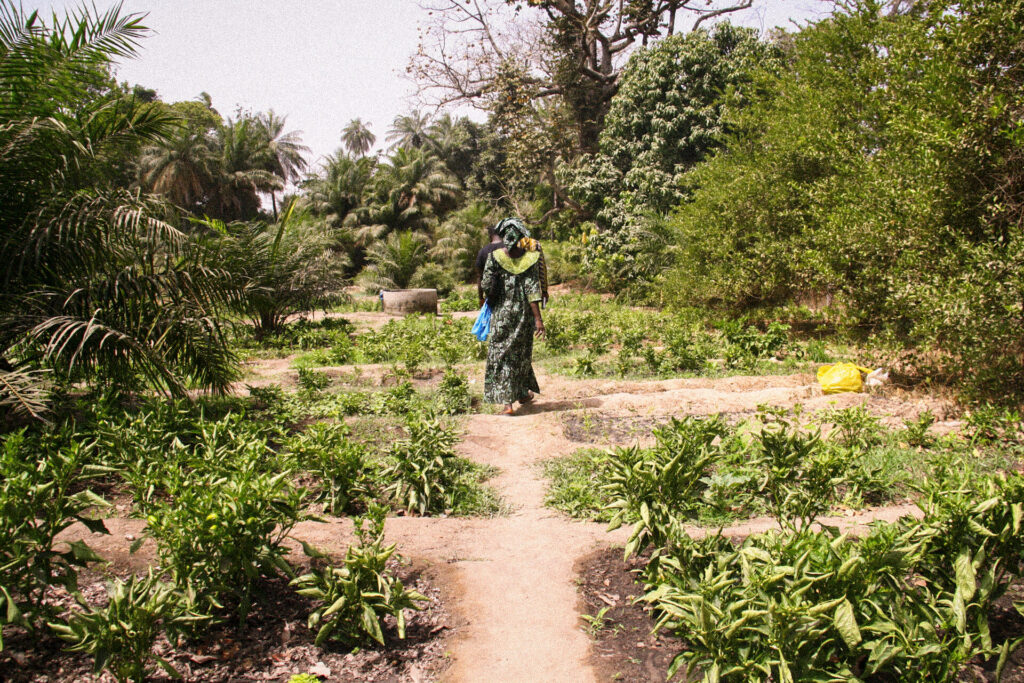
ARTS: Co-Creating Practical Solutions Beyond Academic Boundaries
The ARTS project embodies a transdisciplinary approach, combining scientific rigor with artistic and local knowledge. It transcends academic frameworks by engaging directly with communities, championing a form of research that is both activist and grounded. This participatory and co-constructive methodology aims to develop practical and context-specific solutions to contemporary ecological and social challenges.
- 12/20/2024
- 4:13 pm

